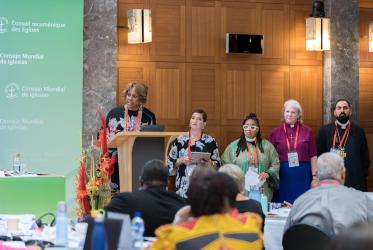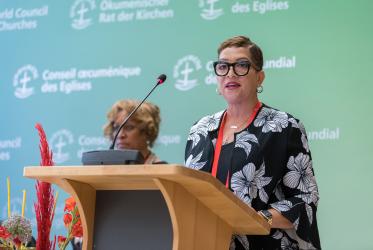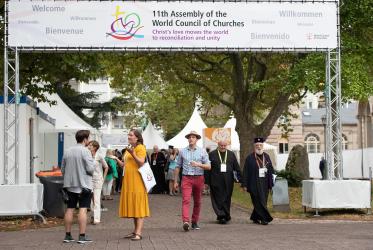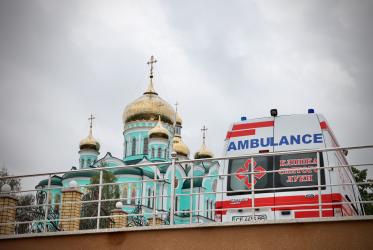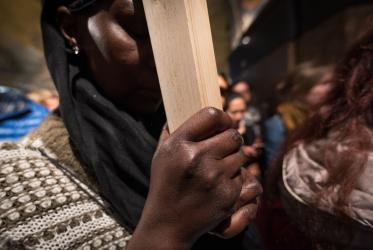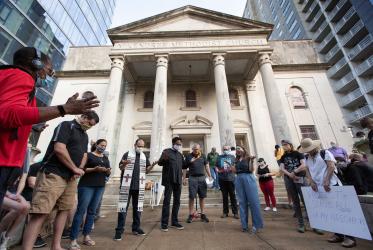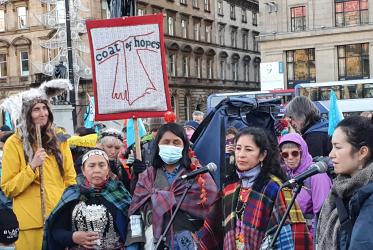Displaying 1 - 20 of 23
Ecumenism in the Philippines means hope and resilience
22 August 2023
Ukraine: Responding to humanitarian need
08 September 2022
Monastery in Ukraine responds to the consequences of war
09 August 2022
How do churches address racism, really?
15 February 2022
Wrestling with the racial pandemic
15 February 2022


